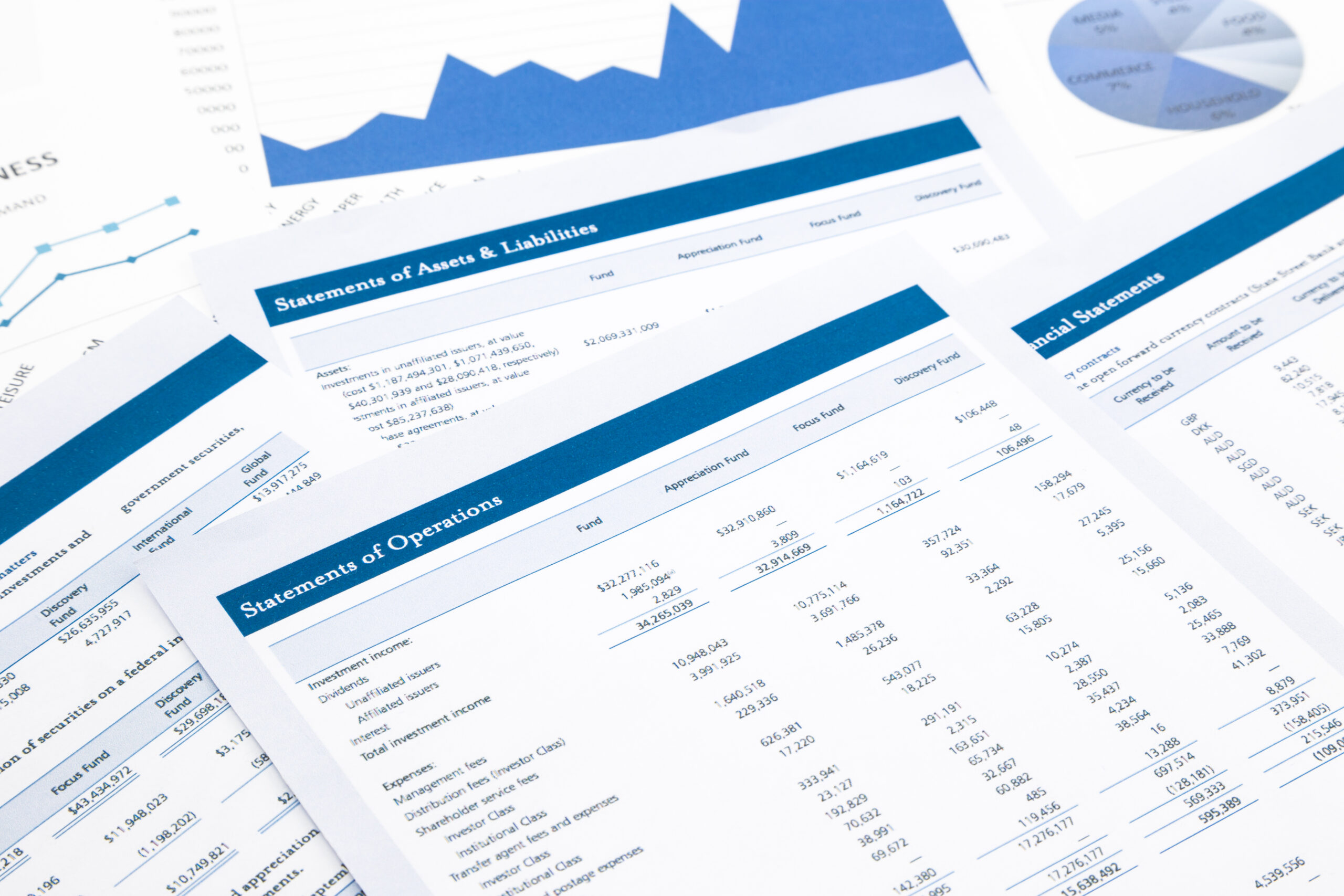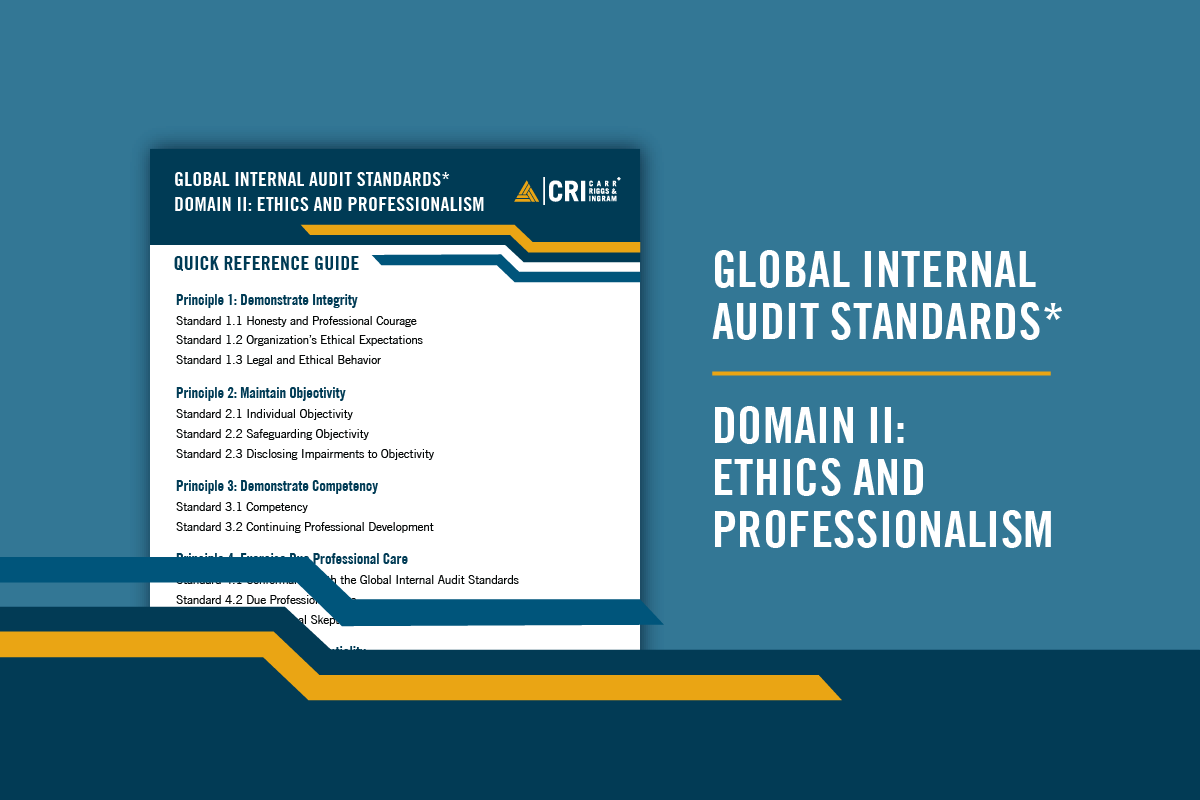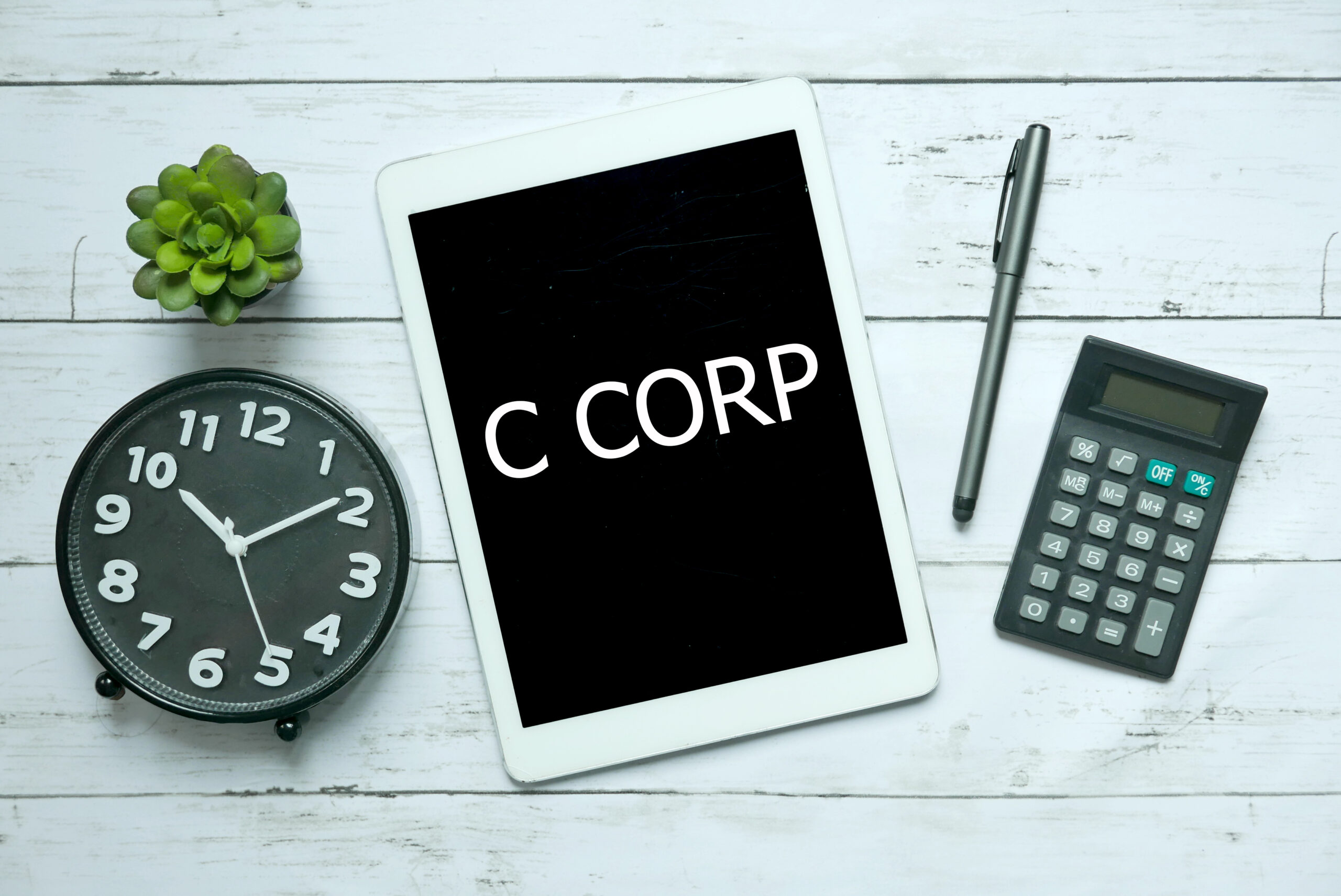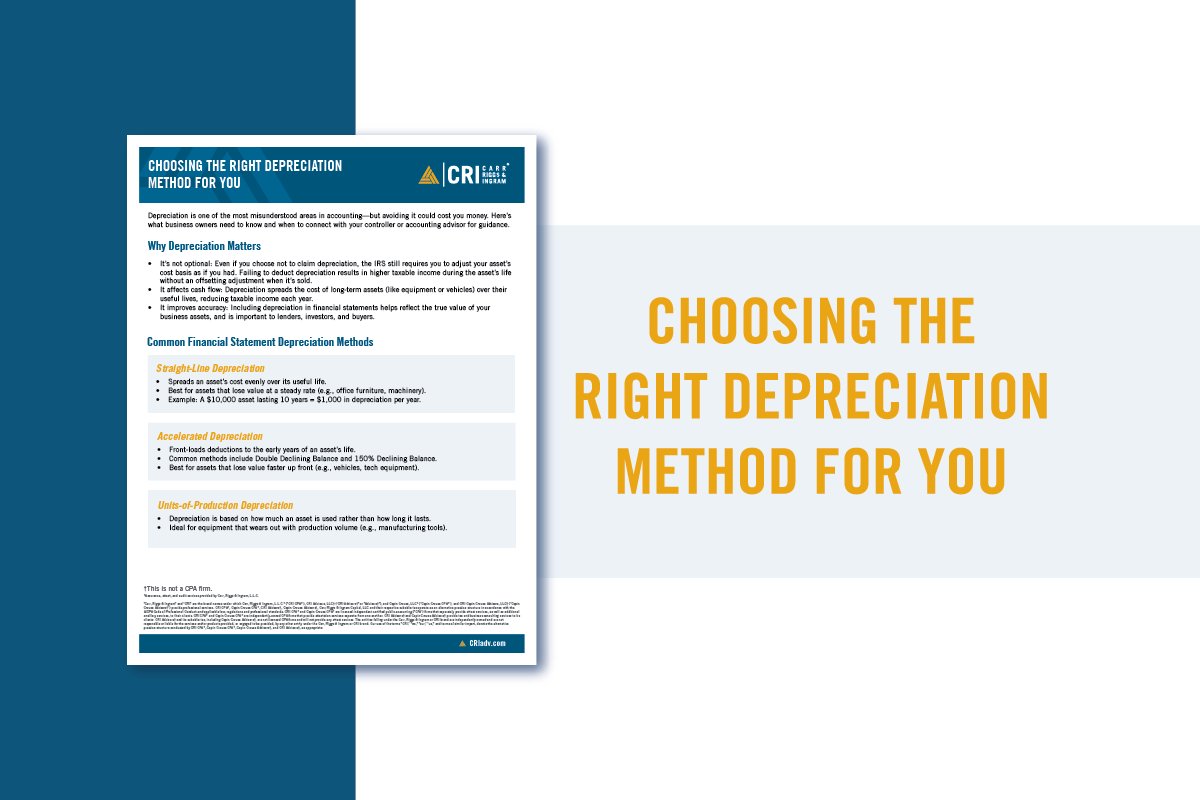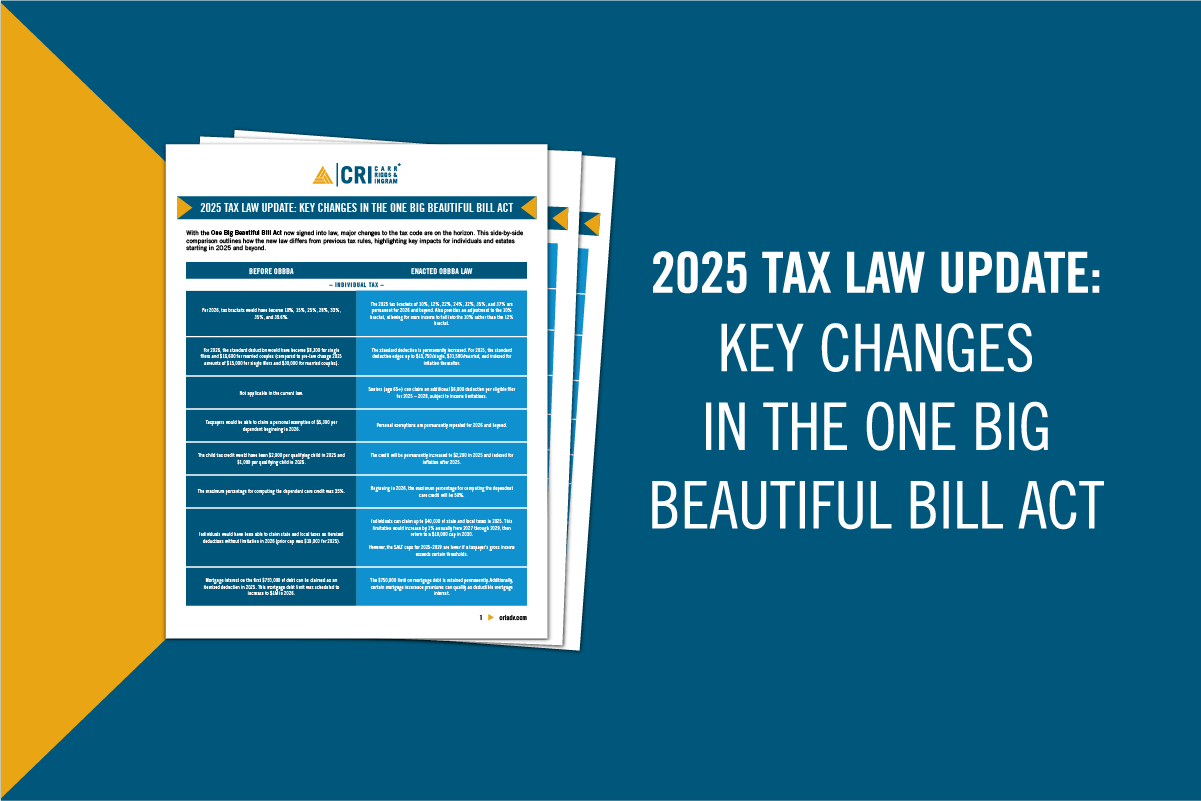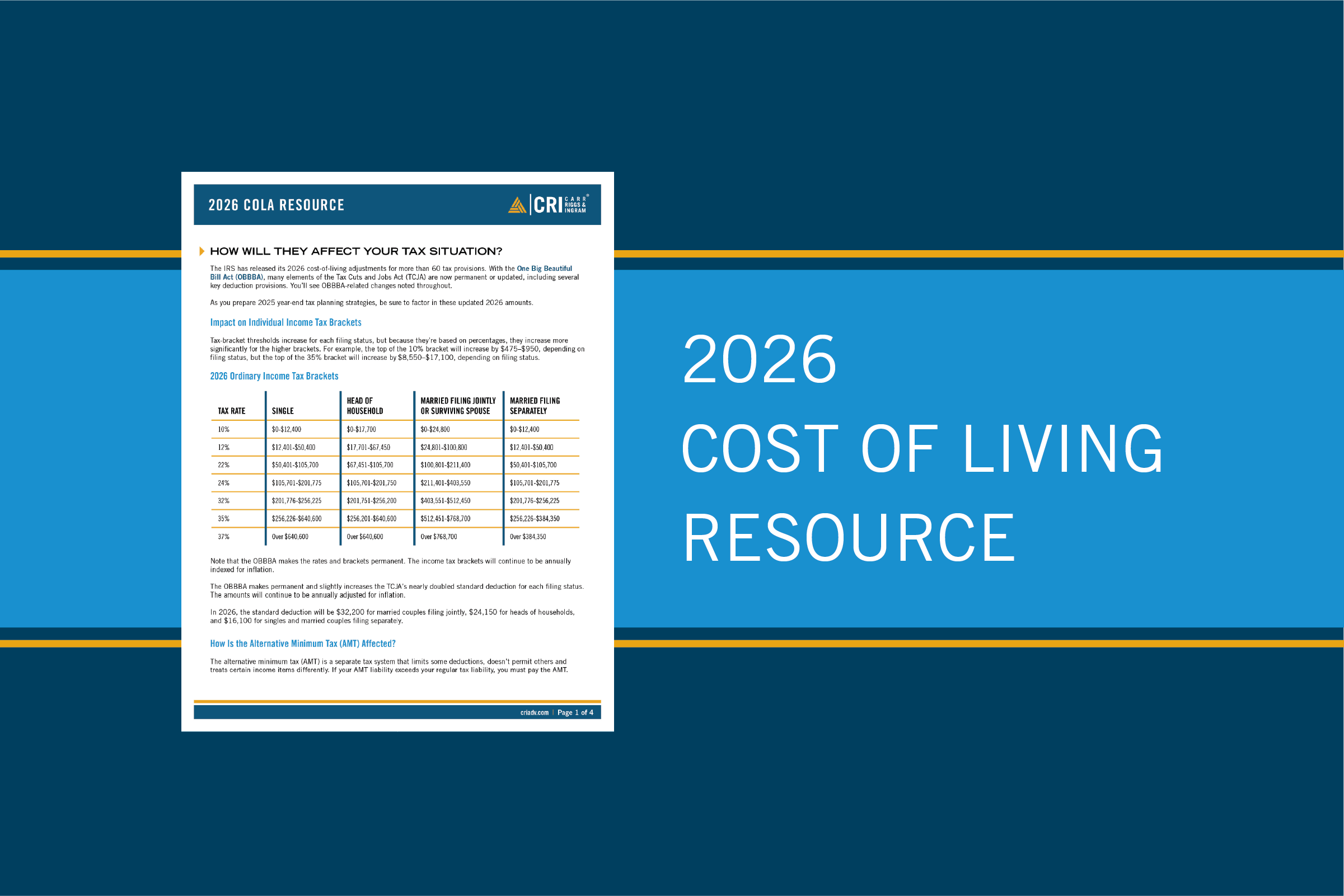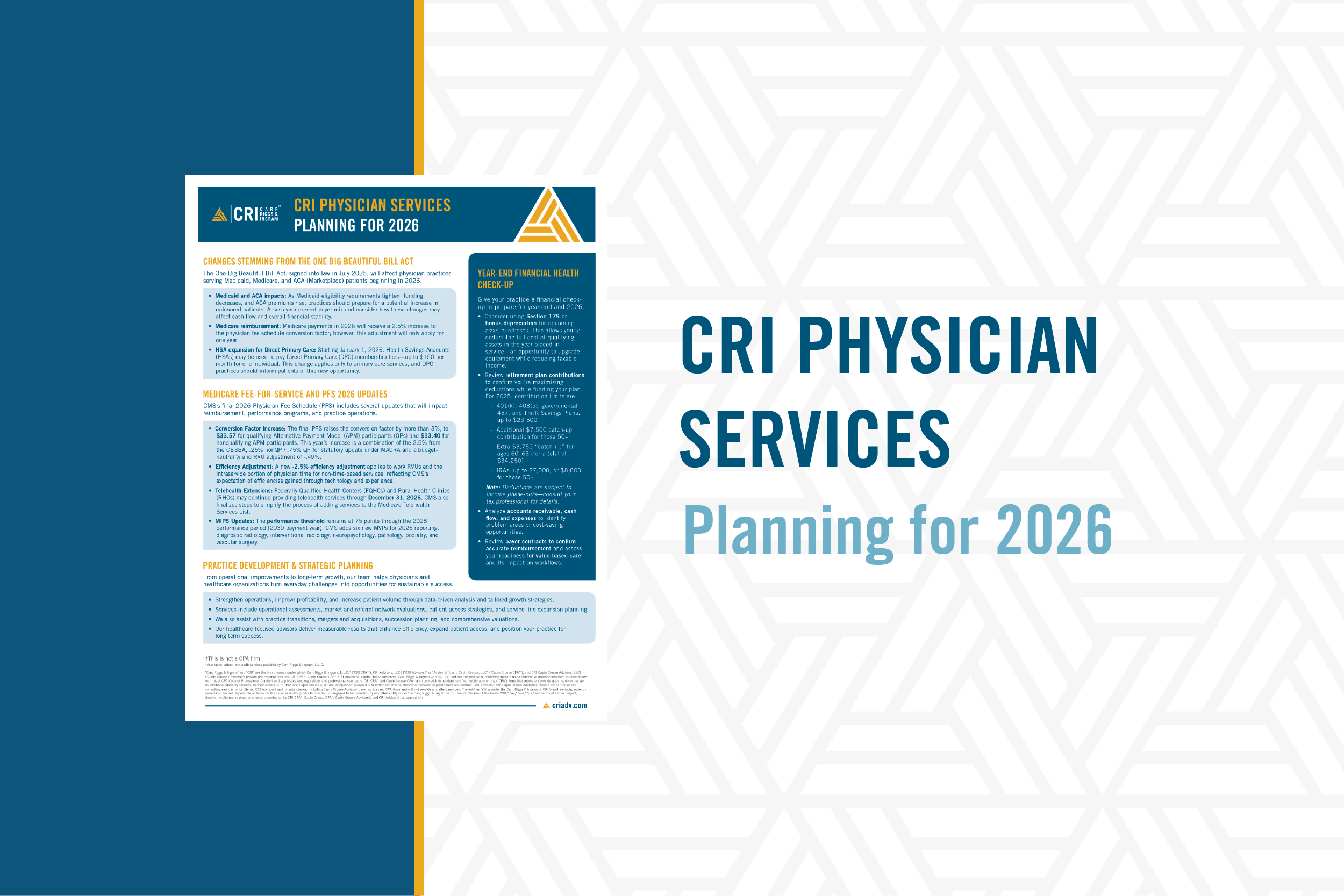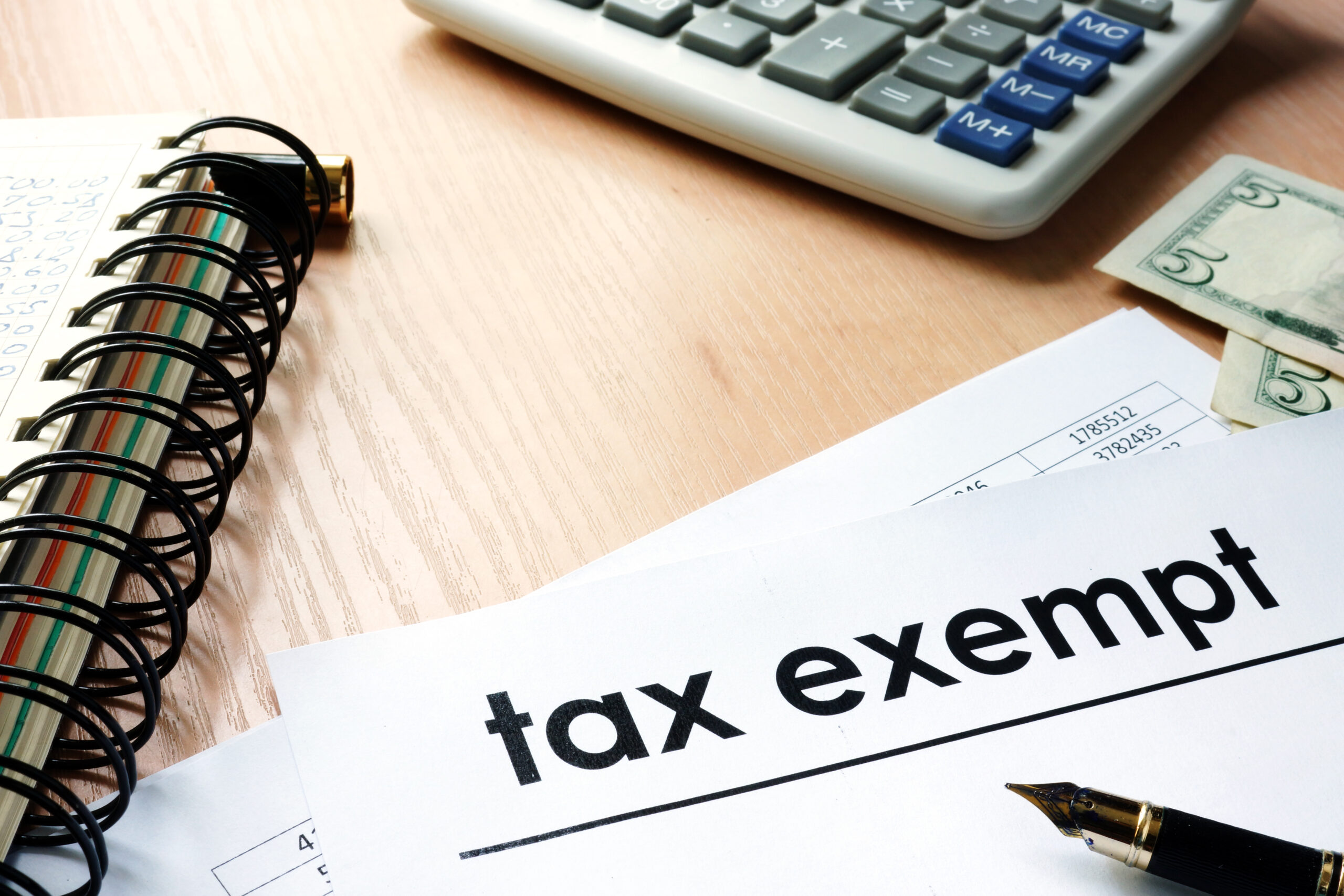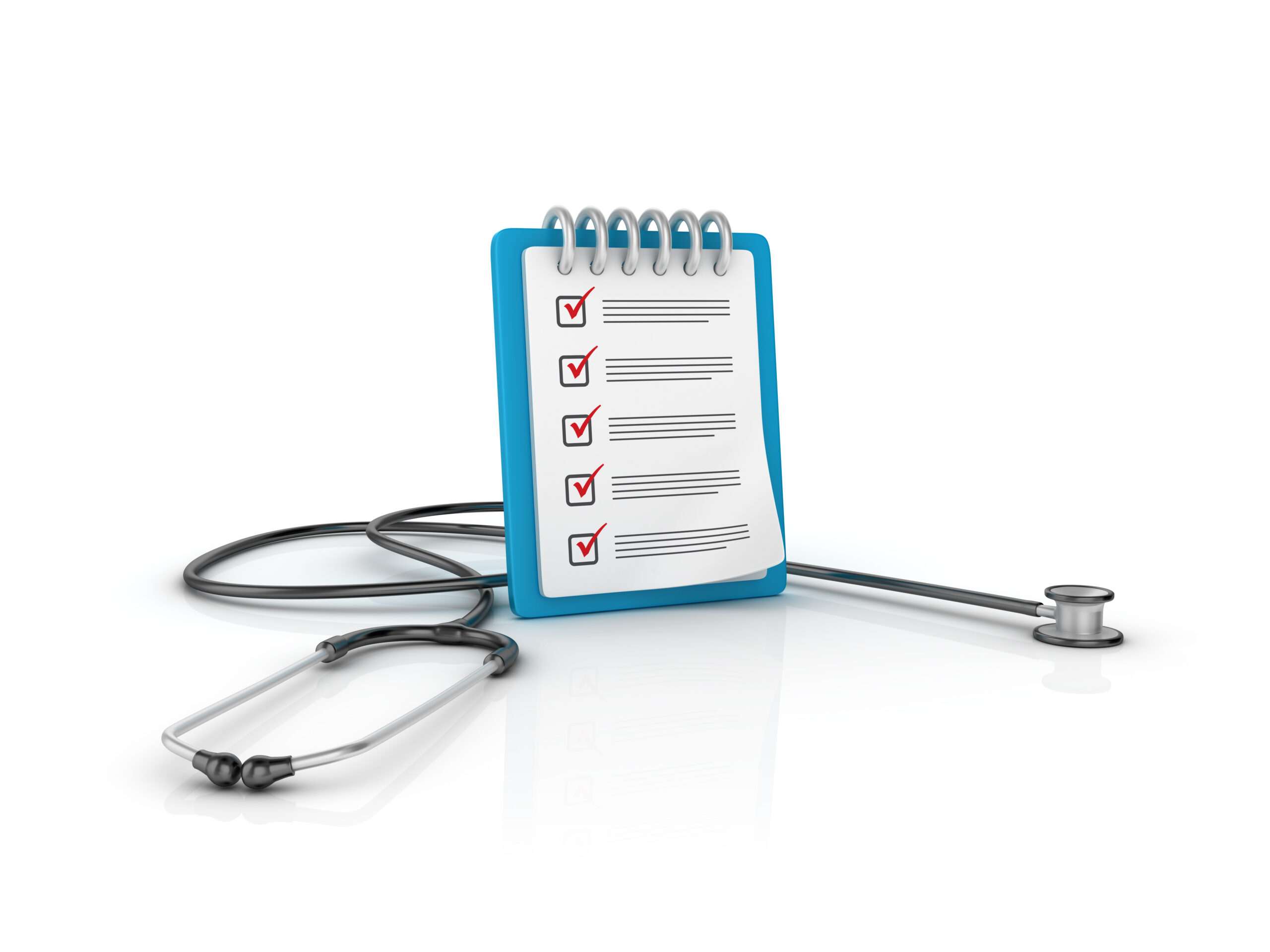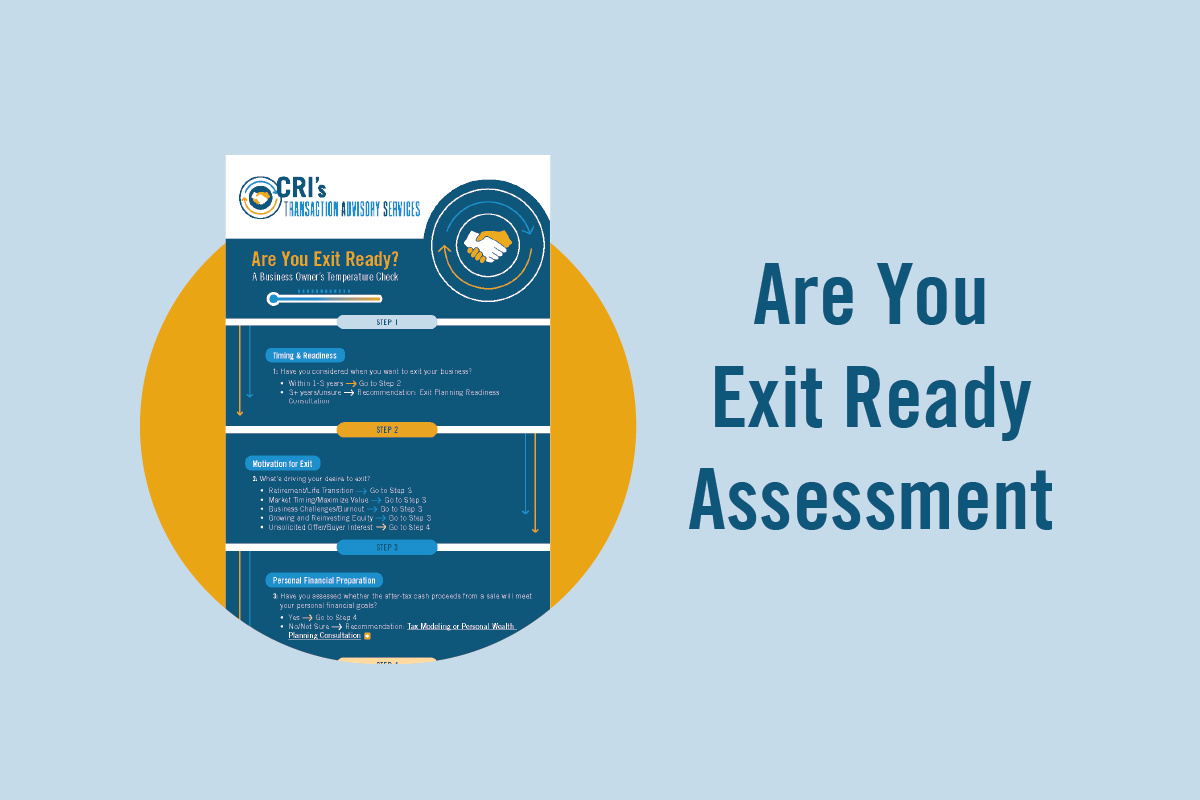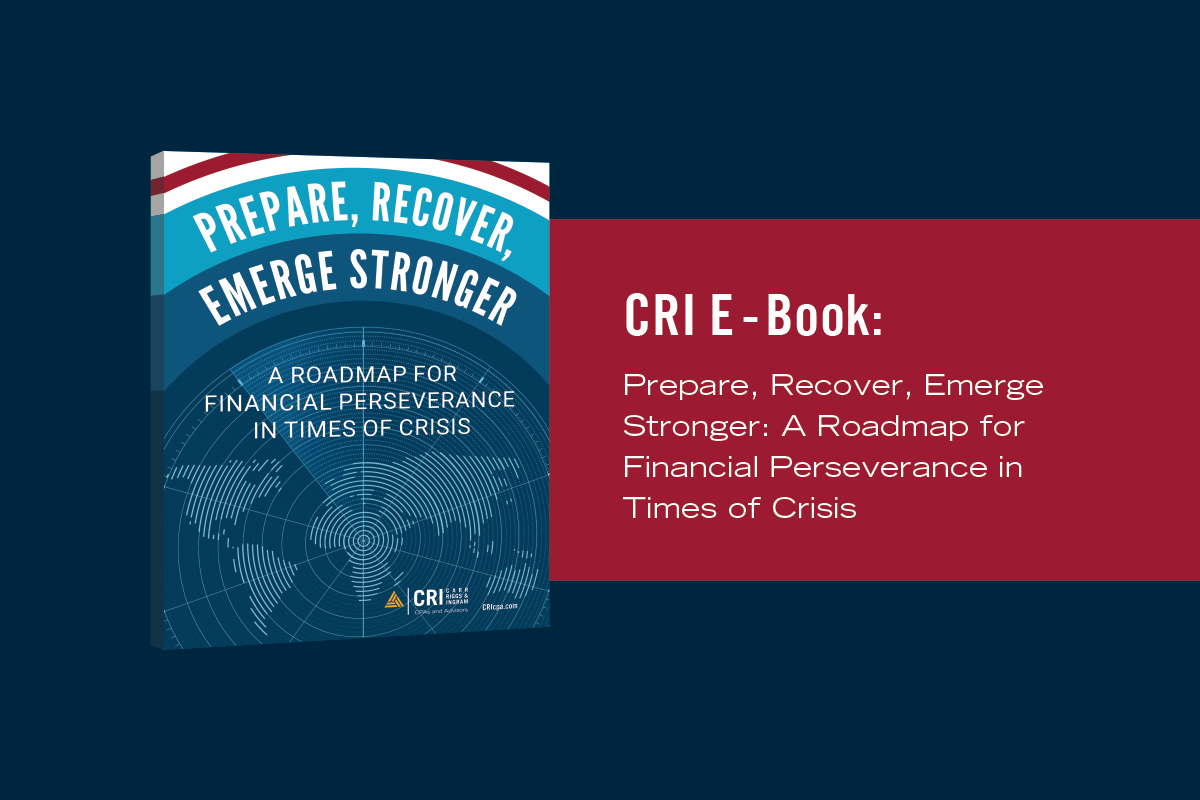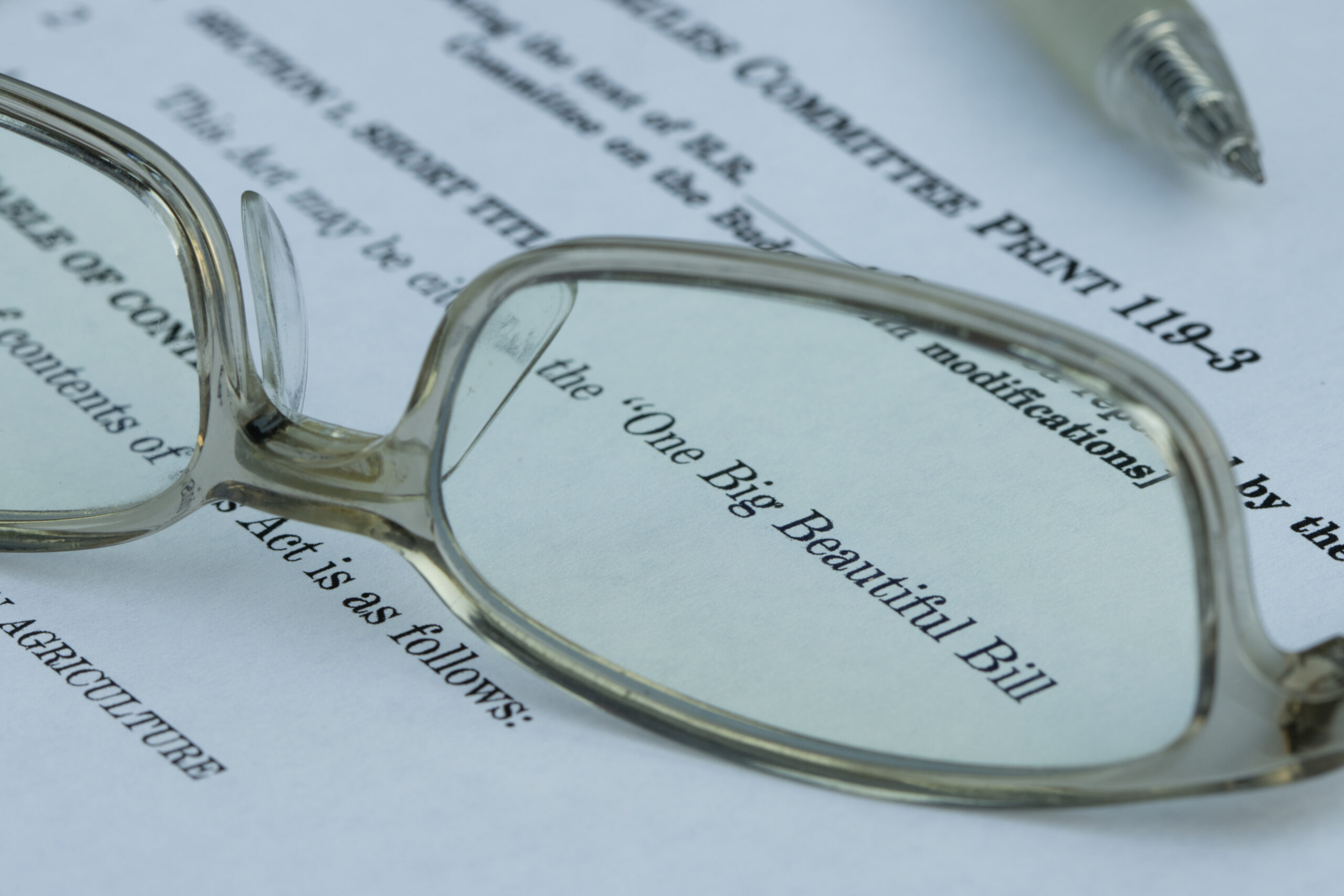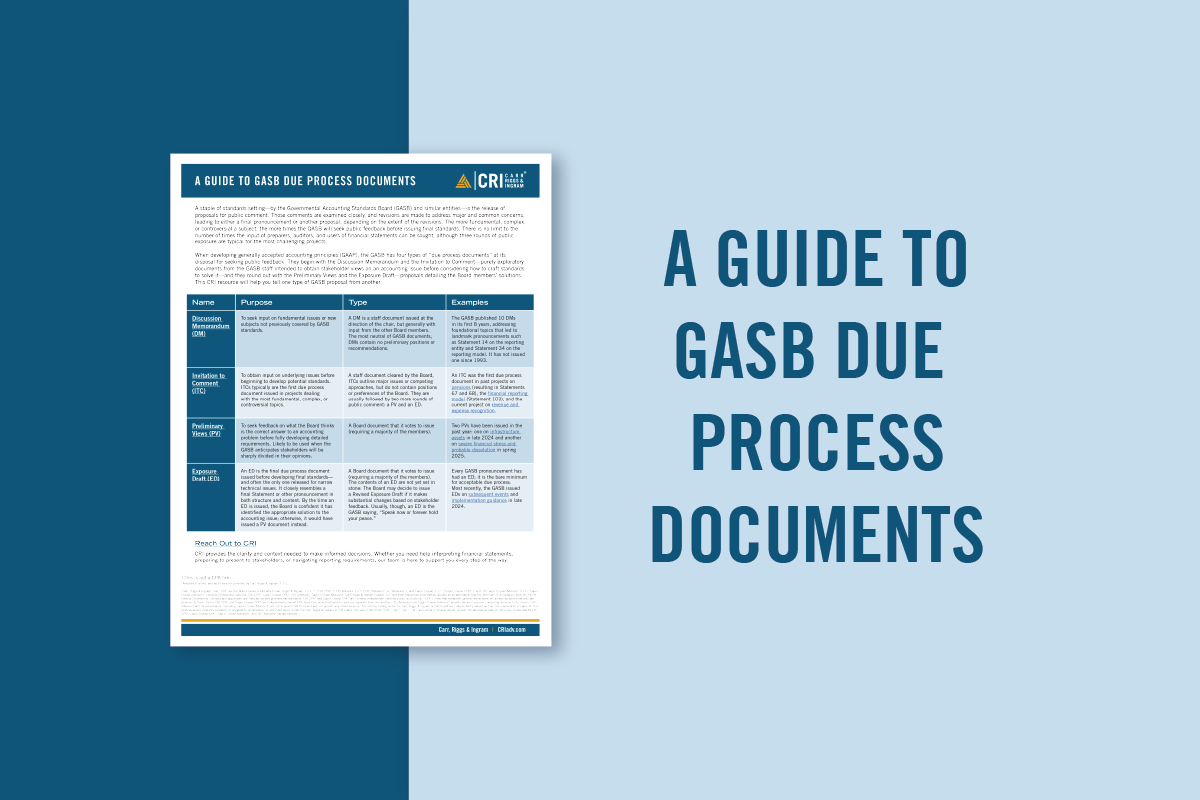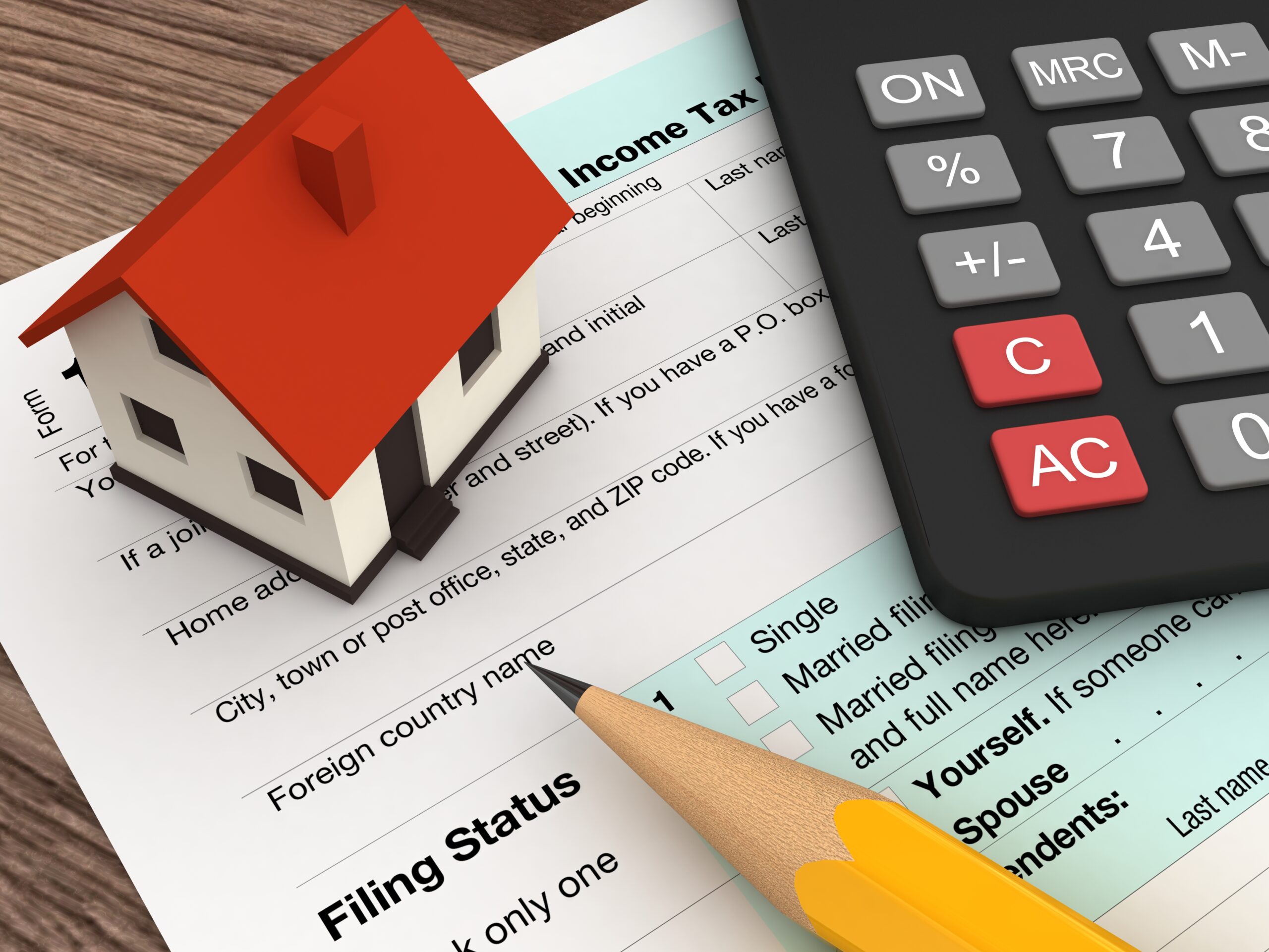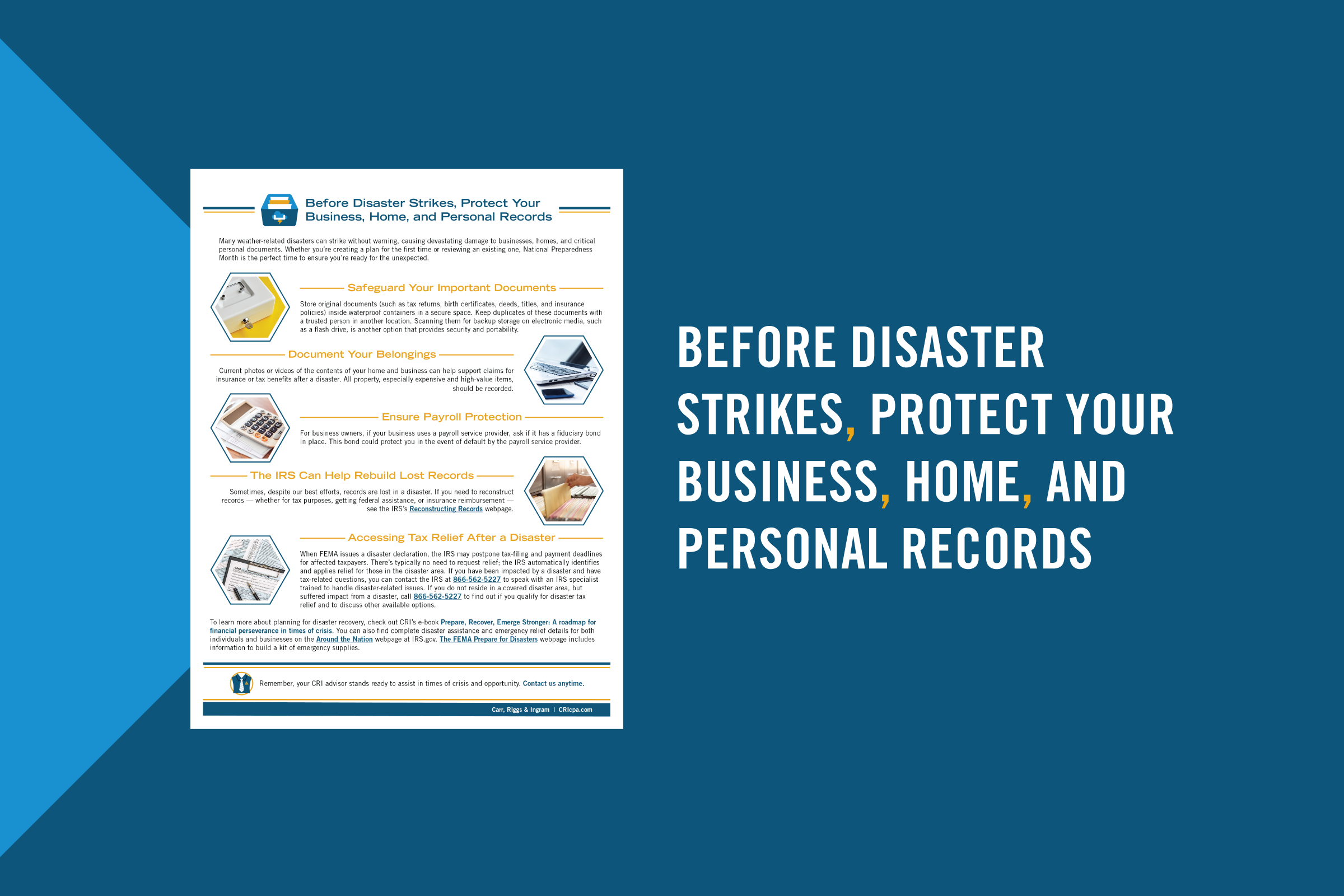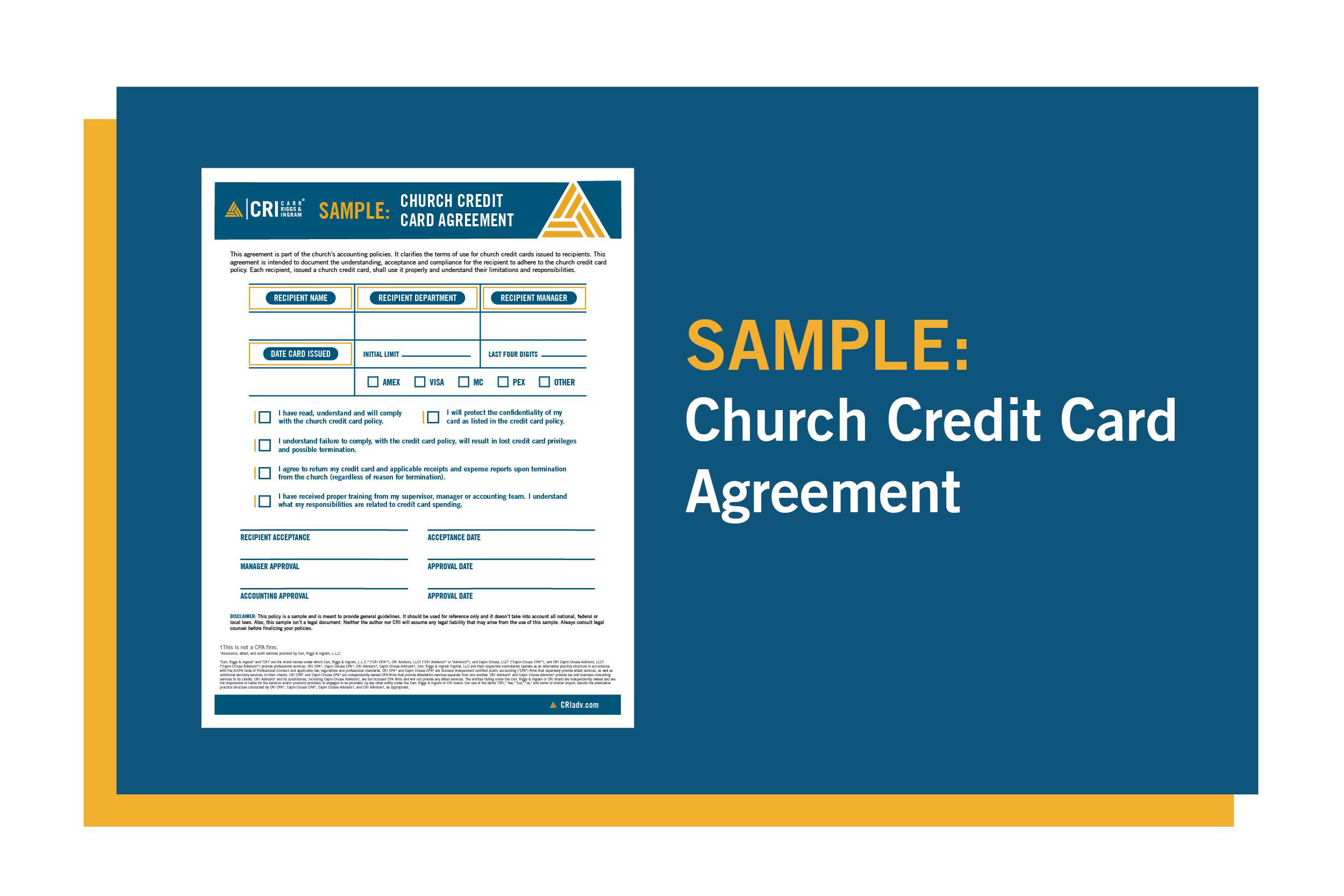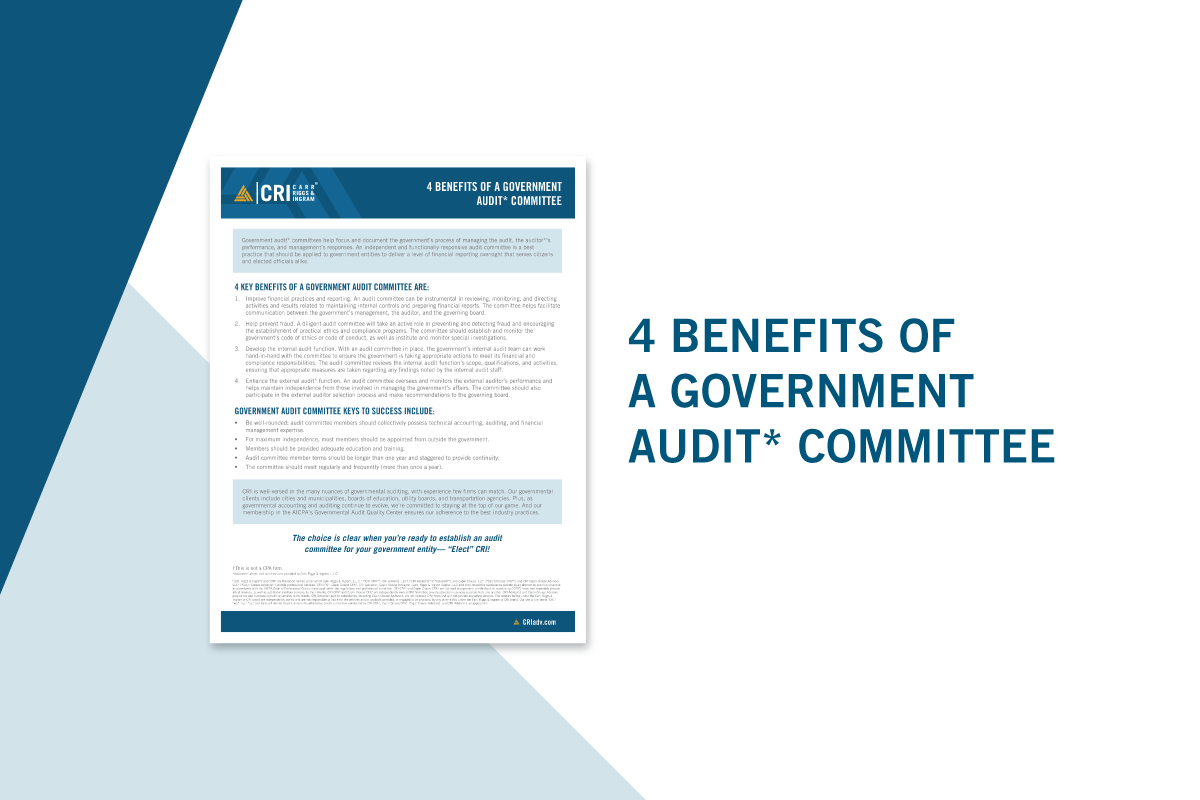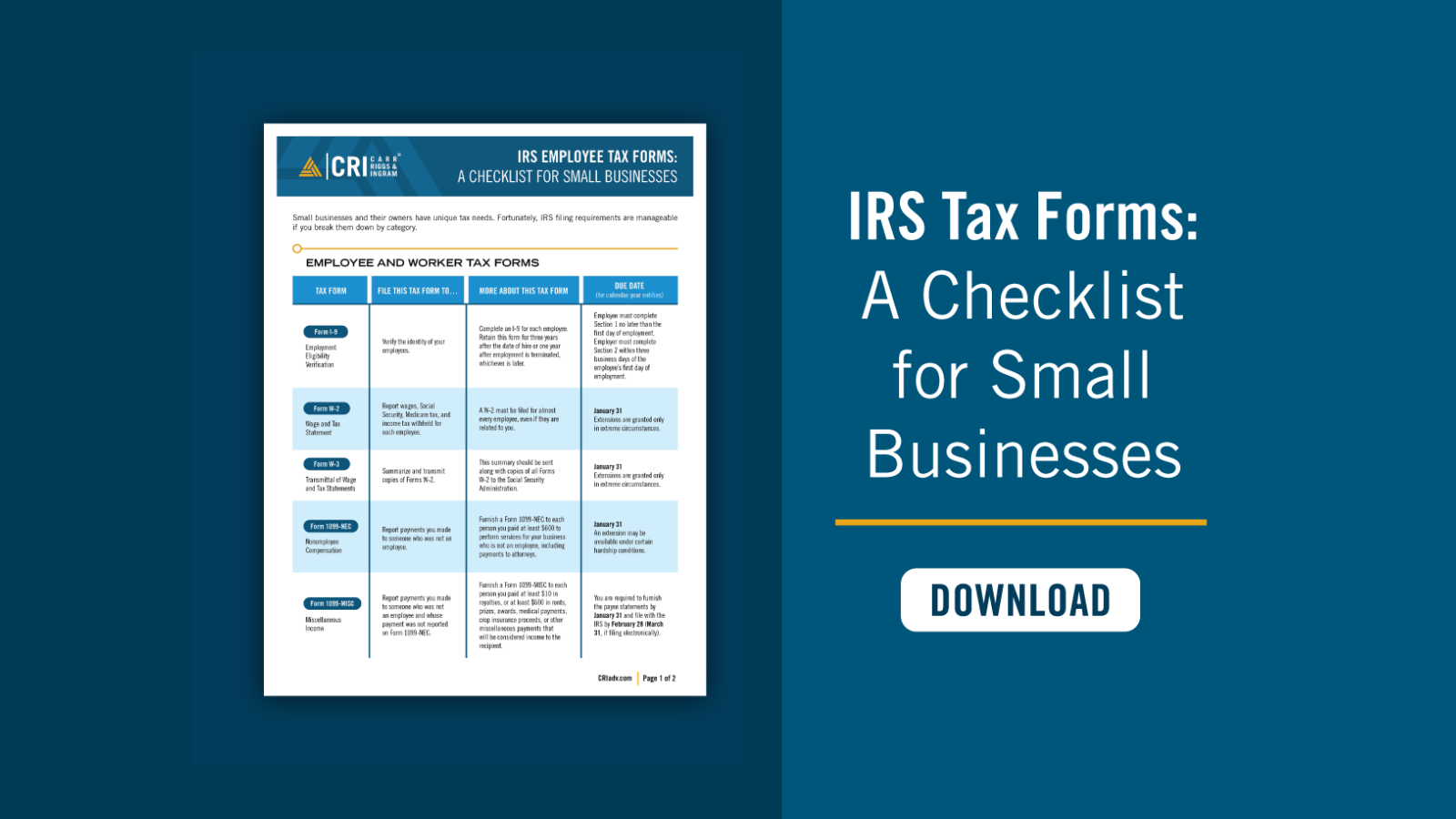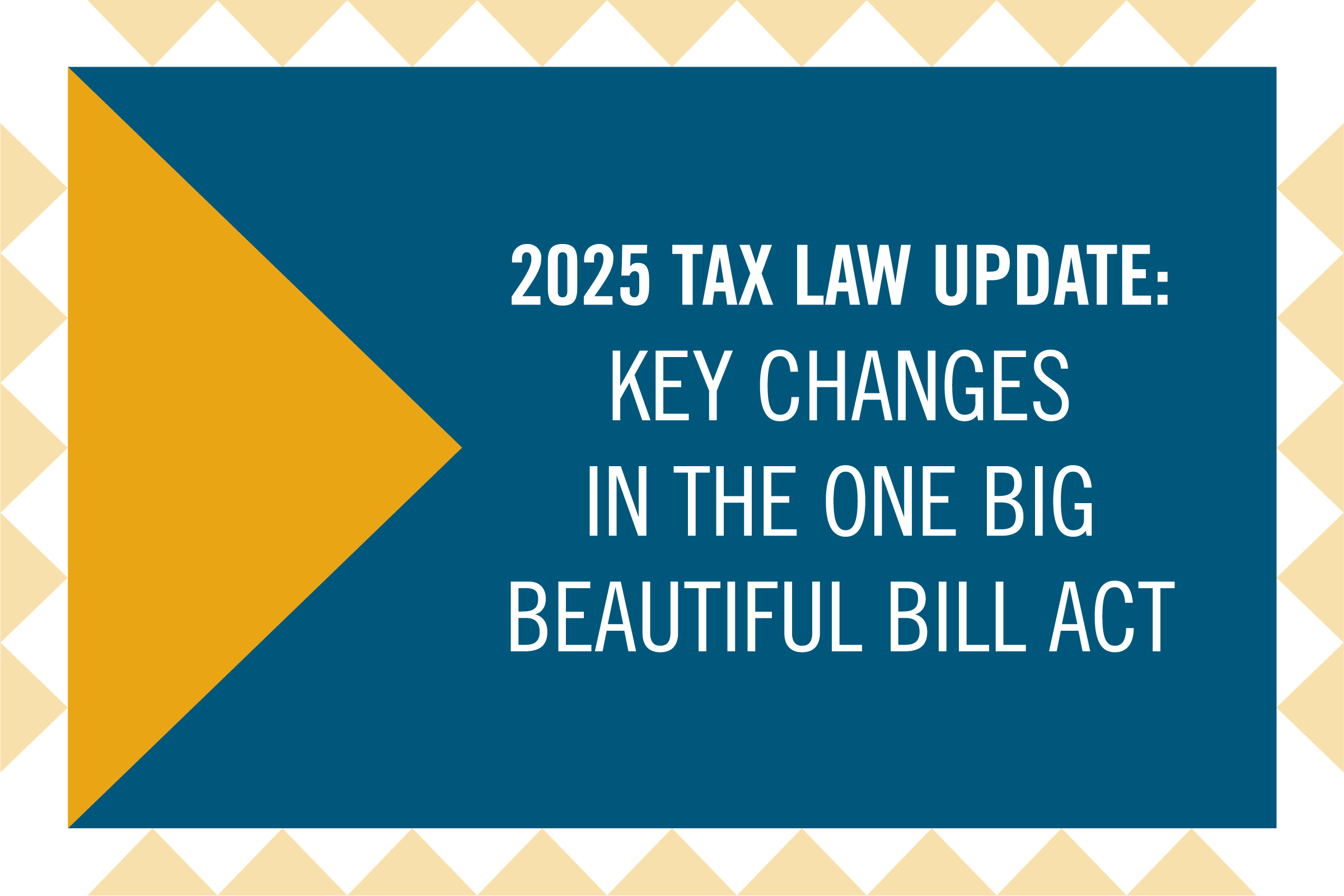
The Coronavirus Aid, Relief, and Economic Security (CARES) Act gave real property owners new flexibility in how quickly they depreciate real estate qualified improvement property (QIP). Commercial property owners can — for QIP placed in service between 2018 and 2022 — either depreciate 100% in the year it is placed in service, or claim straight-line depreciation over a 15-year period. Which is better? As with most things tax-related, the answer depends on your particular facts and circumstances.
What Is QIP?
QIP is an improvement to an interior portion of a nonresidential building that’s placed in service after the date the building was first placed in service.
But there are some exceptions. QIP doesn’t include any expenditures attributable to any of the following:
- The enlargement of the building
- An elevator or escalator
- The building’s internal structural framework
Fixing the Retail Glitch
When drafting the Tax Cuts and Jobs Act (TCJA) in 2017, members of Congress made it clear that they intended to leave both options on the table — 100% first-year bonus depreciation for QIP placed in service in 2018 through 2022, as well as 15-year straight-line depreciation for QIP placed in service in 2018 and beyond.
Due to a drafting error, however, neither first-year bonus depreciation for QIP nor 15-year straight-line depreciation made it into the actual statutory language of the TCJA. (This has been commonly referred to as the “retail glitch.”) The only way to fix the mistake was to make a so-called technical correction to the statutory language.
Thanks to the CARES Act, which made that correction, QIP is now included in the Internal Revenue Code’s definition of 15-year property. In other words, it can be depreciated over 15 years for federal income tax purposes.
In turn, that classification makes QIP eligible for first-year bonus depreciation. So, real estate owners can now claim 100% first-year bonus depreciation for QIP placed in service in 2018 through 2022.
The technical correction has a retroactive effect for QIP that was placed in service in 2018 and 2019. Before the correction, QIP placed in service in those years generally had to be treated as nonresidential real property and depreciated over 39 years using the straight-line method.
3 Reasons to Choose 15-Year Depreciation Over Bonus Depreciation
Claiming 100% first-year bonus depreciation for QIP expenditures makes sense if your primary objective is to minimize taxable income for the year the QIP is placed in service. But sometimes long-term considerations should take precedence. Here are three reasons you might choose to depreciate QIP over 15 years, rather than claim 100% first-year bonus depreciation:
- You may qualify for a lower tax rate on any gain from depreciation. If you claim 100% bonus depreciation for QIP expenditures, you might face a higher tax rate on part of your gain when you eventually sell the property. Here’s how that works: Say you claimed 100% bonus depreciation for QIP expenditures. When you sell that property, any taxable gain up to the amount of the bonus depreciation is treated as higher-taxed ordinary income rather than lower-taxed long-term capital gain. Under the current federal income tax regime, ordinary income recognized by an individual taxpayer can be taxed at rates as high as 37%, and President-elect Biden has proposed raising them even further.
But say you depreciated those QIP expenditures over 15 years using the straight-line method. You would pay a special long-term capital gain rate (currently a maximum of 25%) on this so-called “unrecaptured Section 1250 gain,” which is basically a subcategory of long-term capital gain. Higher-income individuals may also owe the 3.8% net investment income tax on both ordinary income gain and long-term gain attributable to real estate depreciation.
Of course, if you don’t anticipate selling for many years, this consideration is less important.
- Depreciation deductions may be more valuable in future years. When you claim 100% first-year bonus depreciation for QIP expenditures, your depreciation deductions for future years are reduced by the bonus depreciation amount. If tax rates go up (or you end up in a higher tax bracket), you’ve effectively traded more-valuable future-year depreciation write-offs for a less-valuable first-year bonus depreciation write-off. Of course, there’s no certainty about where future tax rates are headed.
- Claiming 100% bonus depreciation may lower your deduction for qualified business income (QBI) from a pass-through entity. Sole proprietors and individual taxpayers who own pass-through entities can claim a federal Section 199A deduction for up to 20% of QBI from the business activity. But claiming 100% first-year bonus depreciation will lower the net income and potentially result in a lower Section 199A deduction.
In addition, the Section 199A deduction for a year can’t exceed 20% of your taxable income for that year, calculated before the Section 199A deduction and before any net capital gain (net long-term capital gains in excess of net short-term capital losses plus qualified dividends). Claiming 100% bonus depreciation for QIP expenditures reduces your taxable income and, as a consequence, can reduce your allowable Section 199A deduction.
The Section 199A deduction may be a use-it-or-lose-it proposition because it’s scheduled to expire after 2025. And it could disappear sooner, depending on political developments. By contrast, if you forgo claiming bonus depreciation in favor of 15-year depreciation, the depreciation isn’t lost. You’ll just deduct it in later (potentially higher-taxed) years when those write-offs might be more valuable.
Time to Amend Past Returns?
The CARES Act’s technical correction retroactively affects how you can depreciate QIP that was placed in service in 2018 and 2019. So, you may benefit from amending your 2018 or 2019 federal income tax returns already filed. Another option is to file a change in accounting method. Contact your CRI tax advisor to determine the right course of action based on your situation.
Relevant insights
Join Our Conversation
Subscribe to our e-communications to receive the latest accounting and advisory news and updates impacting you and your business.


